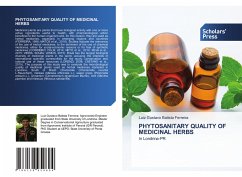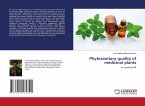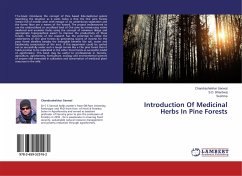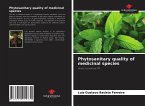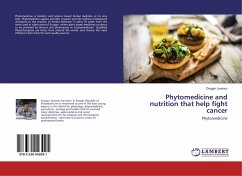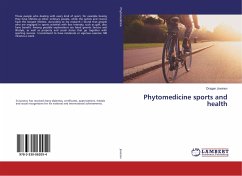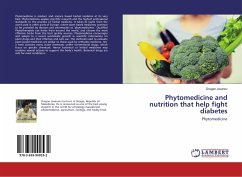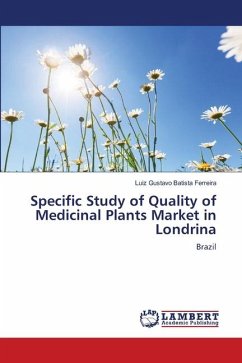Medicinal plants are plants that have biological activity with one or more active ingredients useful to health, with pharmacological action beneficial to the human organism and, for this reason, they are used as herbal medicines, especially in emerging regions and countries (FERREIRA, 1998; MATOS et al., 2018). Studies indicate the relevance of the use of herbal medicines, to the detriment of the use of chemical medicines, either for social-economic reasons or for fear of synthetic medicines (CORDEIRO; FÉLIX, 2014; NETO et al., 2014; SILVA et al., 2015; VIEIRA; SOUZA; LEMOS, 2015). Brazil has the largest biological diversity of medicinal plants in the world, arousing the interests of international scientific communities for the study, conservation and rational use of these resources (LORENZI, 2008; CAETANO et al., 2015). The purpose of this study was to evaluate the microbiological quality of medicinal plants used as herbal medicines marketed in Londrina, South of Brazil: Chamomile (Chamomilla recutita L.Rauschert), melissa (Melissa officinalis L.), sweet grass (Pimpinella anisum L.), cinnamon (Cinnamomum zeylanicum Blume), mint (Mentha piperita) and hibiscus (Hibiscus sabdariffa).
Bitte wählen Sie Ihr Anliegen aus.
Rechnungen
Retourenschein anfordern
Bestellstatus
Storno

